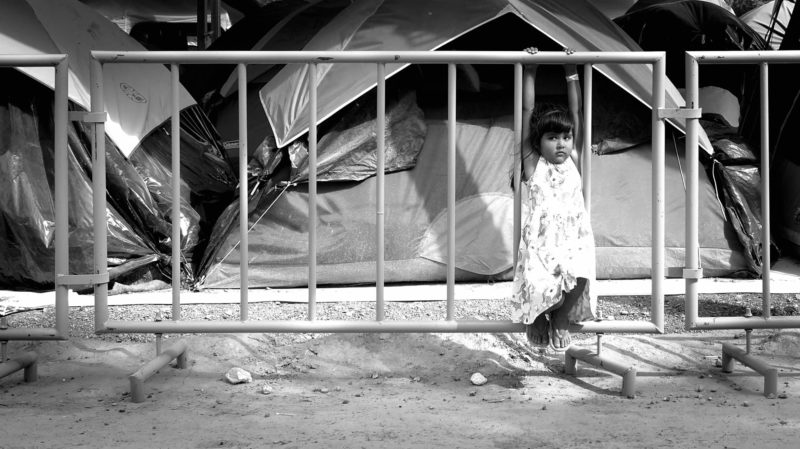In February, I spent a week reporting in the migrant camp that has arisen in Matamoros, Mexico, just across the bridge from Brownsville, Texas. There, 2,500 people who have fled countries south of the border—Guatemala, Honduras, El Salvador, and elsewhere—await their court dates, when they will make their cases for asylum. Due to a series of Trump administration policies, these migrants, who, for the most part, are fleeing gang violence, can no longer await their hearings on American soil. So they camp out, living in tents, exposed to the elements and all the cruelty of human nature, on the Rio Grande’s Mexican shore.

From the camp, migrants can see the white tent courts built in haste by the US government. The tents block Americans’ view of the camp; many Brownsville residents I spoke to said they didn’t know that there were thousands of migrants just across the river, pleading to be let in.
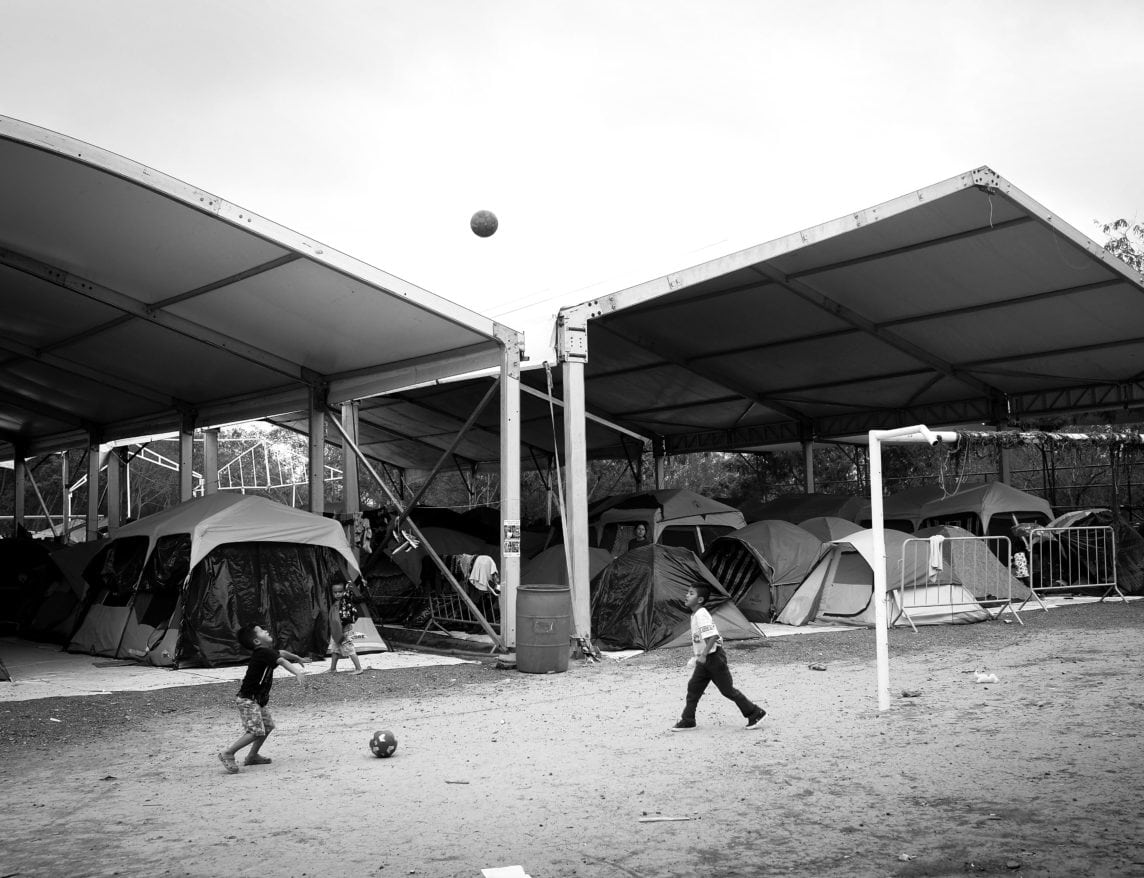
And when the migrants do make their cases, after two or six or ten months of waiting, over 99 percent are rejected—deported back to the countries they’ve fled. It’s been reported that dozens of rejected asylum seekers have already been murdered; we may never know the true sum. What we do know is that the American government is sending thousands upon thousands of people to face violence and death.
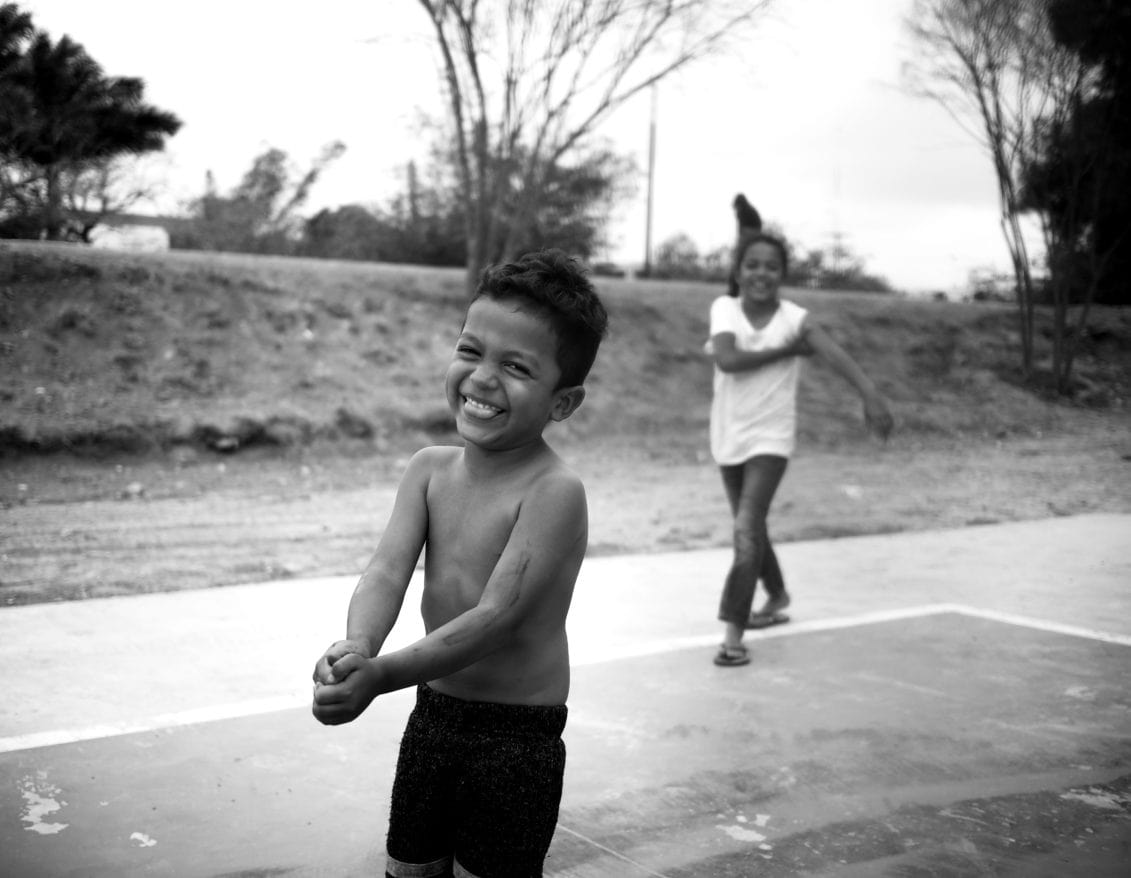
But it’s hope that keeps the migrants in the camp: hope that their case will be strong enough, their scars sufficient proof, that the judge will be feeling sympathetic that day. And in the meantime, they wait. The women cook, the children play. Businesses sprout up. There are pupusa stands, barbershops, hand-made signs for manicures. People plant gardens, fight, and fall in love. There are birthdays, anniversaries, quinceañeras. There are moments, it seems, of genuine joy. But the longer I spent in the camp, the more I came to realize that there was not a thing untouched by despair.

While I was there, I thought about my grandmother. Throughout my childhood, she sent me books about the Holocaust—Anne Frank’s diary and MAUS and fat photographic tomes. She sent me other books, too, about groups of people with histories different than ours: YA novels about Japanese internment, the Armenian genocide, slavery and the civil rights movement. She was scarred and conscientious, my grandmother.

When the army sent my grandfather to Heidelberg in 1948, my grandmother followed him there. She spent her days in displaced persons camps, using her rusty Yiddish to connect survivors with their relatives, trying to help them collect the shards of their shattered lives.
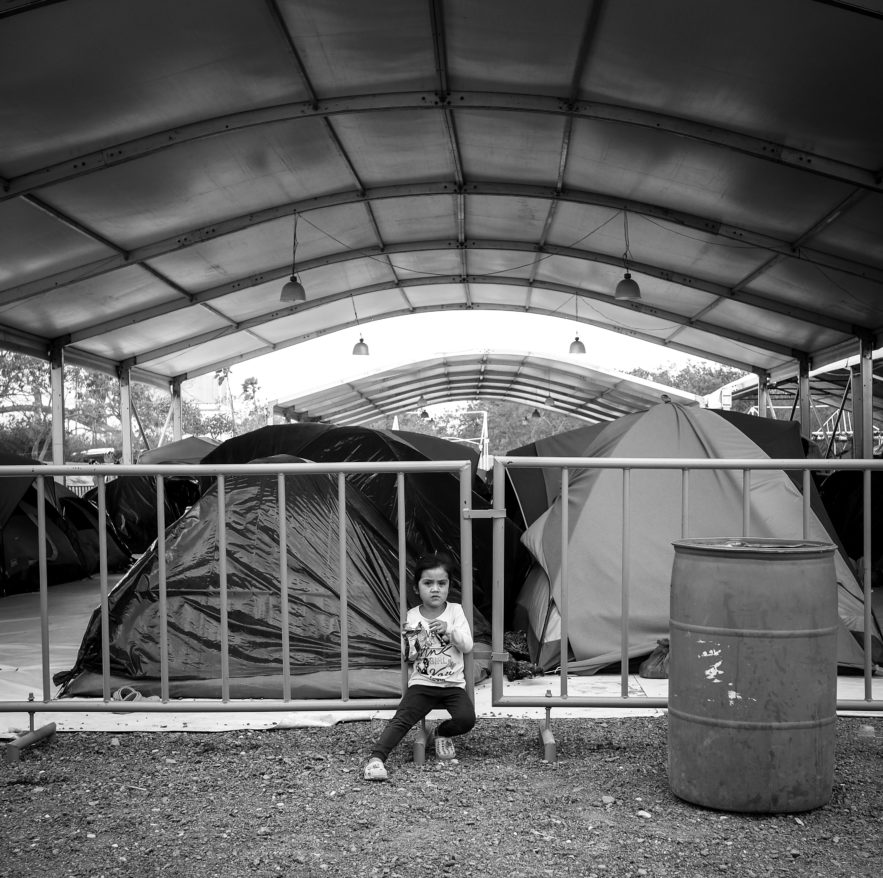
The American base my grandparents lived on was not far from the train to Dachau, the first of Hitler’s camps. I learned this, I think, when I was ten or so.
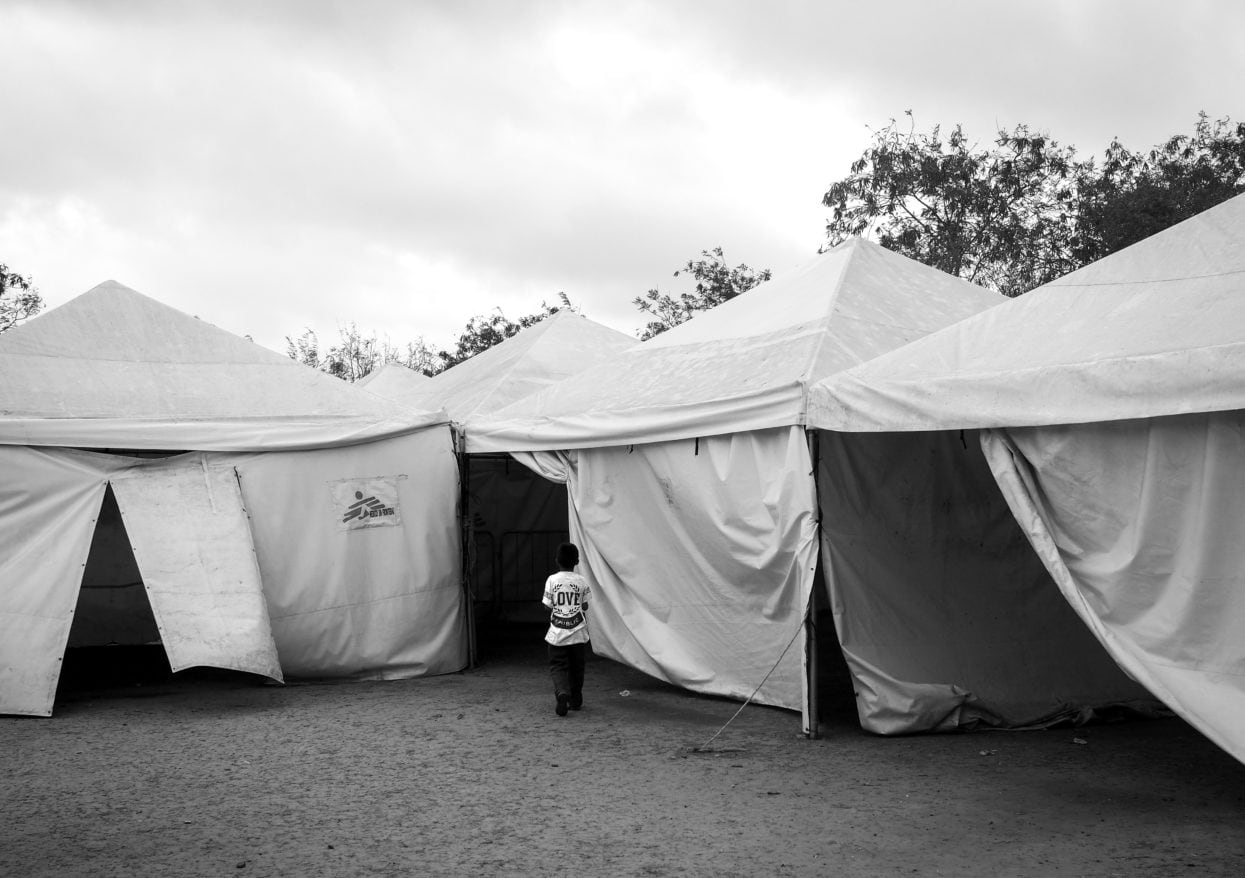
Once, I asked my grandmother if the Germans had known. Of course they’d known, she told me; the trains went in full and came out empty. The Germans knew—they’d heard the whistles, the orders, the screams—but every last one of them denied it.

I thought of my grandmother all throughout my time in Matamoros. The camp there is transient, vulnerable to the whims of our politicians and politics. And it is increasingly out of sight.

Few of the people I photographed will make it across the border. Most will be deported. Some will die.
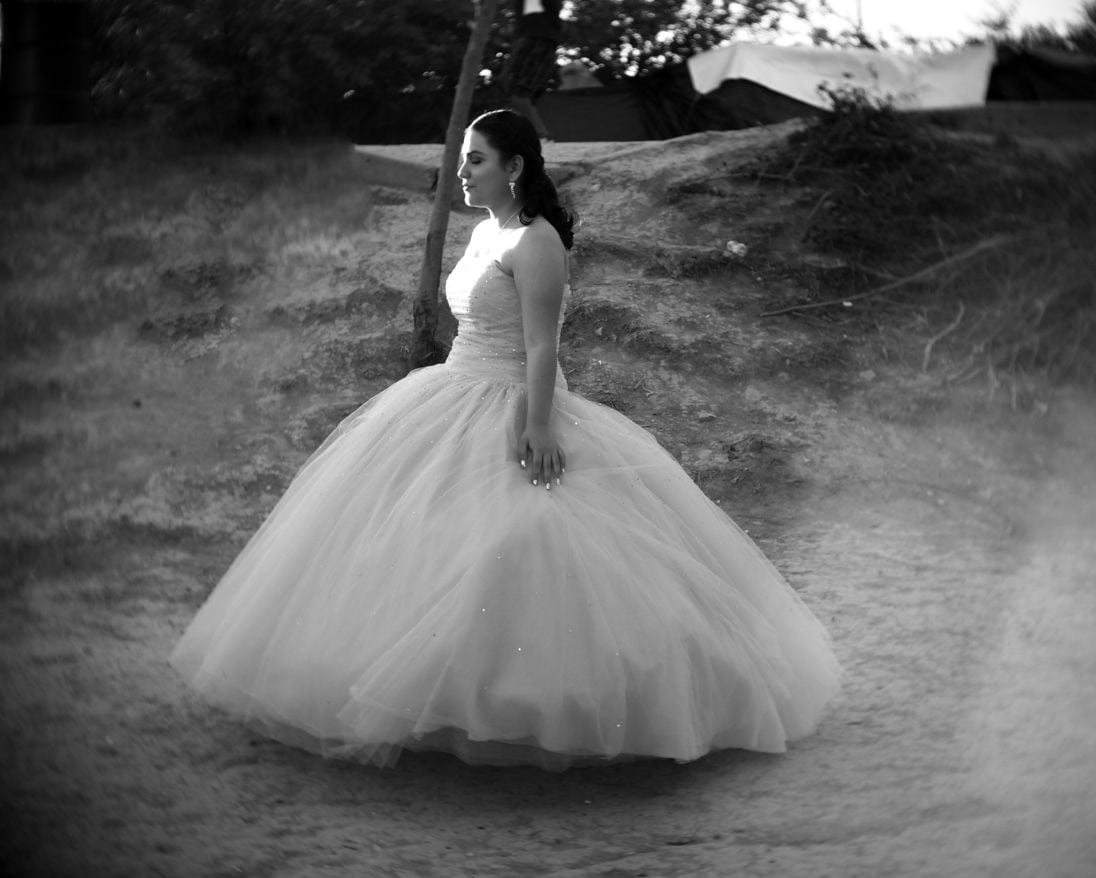
I know this. And I am telling this to you, now, so that you know it, too.
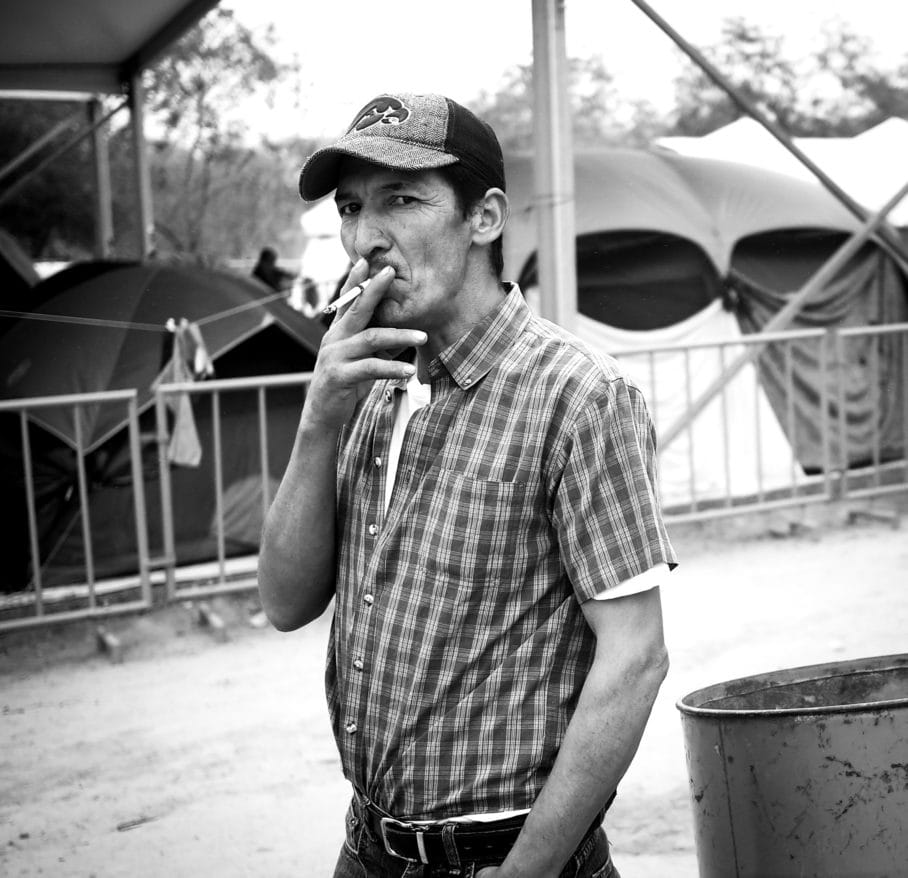
And when our grandchildren ask us—Did we know?—we will have to admit that we did.

